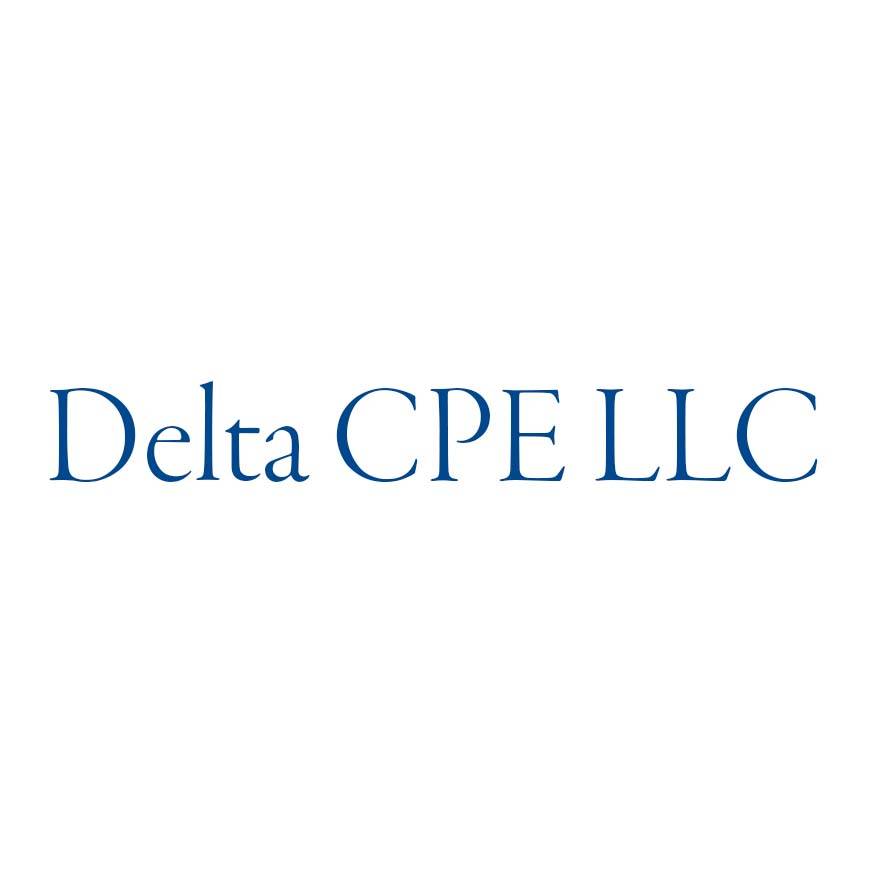Self-Study
Economic Analysis for Business & Strategic Decisions
Get best-in-class fundamentals for business decisions through practical application of economic principles and quantitative tools. Learn to solve real-world problems with bedrock fundamentals.

$290.00 – $320.00Price range: $290.00 through $320.00
Webcasts are available for viewing Monday – Friday, 8am – 8pm ET,
and Saturday & Sunday, 10am – 6pm ET.
Without FlexCast, you must start with enough time to finish. (1 Hr/Credit)
Please fill out the form below and we will reach out as soon as possible.
CPE Credits
10 Credits: Economics
Course Level
Overview
Format
Self-Study
Course Description
This course provides a clear and concise introduction to managerial economics. The course managerial economics is offered in a variety of titles including business economics, economic analysis for business decisions, economics for management decisions, etc. at both the undergraduate and graduate levels.
It focuses on the fundamentals and essentials needed to understand how business decisions are made and tackled using economics and other quantitative tools. It illustrates decisions with many solved problems to test and help students reinforce their understanding of the subject. Further, many business professionals can benefit from this course. The reader is assumed to have done some introductory-level work in economics. A minimal amount of background in college-level math and statistics is also expected.
This course extensively and intensively shows the application of economic theory and concepts to real-life business decisions. It consists of questions and problems along with their answers and suggested solutions.
Need Flexibility?
Purchase now, choose later. Your credits are ready whenever you find the perfect courses for you.
Learning Objectives
After completing this course you should be able to:
- Define the concept of time value of money;
- Recognize the difference between value maximization and profit maximization;
- Identify profit-making motives for companies;
- Recognize how marginal analysis is used for business decisions;·
- Identify how a derivative is used in economic analysis;
- Recognize the characteristics of a mathematical concepts in optimization techniques;
- Recognize different goals for economic optimization;
- Recognize factors that affect the demand curve;
- Identify examples of complementary goods;
- Recognize the uses for the point price elasticity concept;
- Identify how factors, such as technology, change the supply curve;
- Recognize how demand estimates can be achieved with market experiments;
- Identify methods for predicting how buyers might respond to product changes;
- Recognize different terms used in quantitative demand analysis;
- Identify how some of the problems in estimating demand;
- Recognize attributes of a naive models of business forecasting;
- Identify how econometric forecasting methods are constructed;
- Recognize lagging and leading barometric forecasting economic indicators;
- Identify characteristics of input-output analysis;
- Define terms in the theory of production, such as the production function and average products;
- Recognize output and input relationships under the law of diminishing returns;
- Identify the purpose of an expansion path in illustrating relationships between capital and labor;
- Recognize the underlying assumption of linear programming (LP);
- Define the objective function;
- Identify implications of different slack variables;
- Recognize applications for linear programming;
- Define the isoprofit curve;
- Recognize the functions used in statistical cost analysis;
- Recognize how incremental (differential) costs vary with business decisions;
- Identify the costs most relevant to managerial decisions;
- Identify examples of the learning curve effect;
- Define a cost-volume-profit (cvp) analysis;
- Identify the conditions with perfectly competitive markets;
- Recognize attributes for firms in a monopolistic competitive industry;
- Define the concentration ratio used to determine monopolistic behavior;
- Recognize some of the popular pricing strategies;
- Determine optimal pricing based on price elasticity;
- Identify examples of peak load pricing;
- Recognize pricing policies used during initial product launches;
- Recognize when a company should approve a capital budgeting project;
- Define the cost of capital for a firm;
- Identify how to determine the post-audit review values;
- Define the concept of the expected value;
- Recognize factors and attributes involved in risk;
- Identify the purpose of the decision tree;
- Recognize implications of different antitrust policies, such as the Sherman Antitrust Act and the Clayton Antitrust Act; and
- Identify departments within the federal government responsible for enforcing antitrust regulations and the powers they use to enforce the regulations.
Course Specifics
SS1122314946
March 27, 2024
There are no prerequisites.
None
286
Compliance Information
CMA Notice: Western CPE makes every attempt to maintain our CMA CPE library, to ensure a course meets your continuing education requirements please visit Insitute of Management Accountants (IMA)
CFP Notice: Not all courses that qualify for CFP® credit are registered by Western CPE. If a course does not have a CFP registration number in the compliance section, the continuing education will need to be individually reported with the CFP Board. For more information on the reporting process, required documentation, processing fee, etc., contact the CFP Board. CFP Professionals must take each course in it’s entirety, the CFP Board DOES NOT accept partial credits for courses.
Meet The Experts

For many years, Delta CPE LLC has offered a wide variety of continuing education courses for financial professionals. Topics covered by Delta’s courses include accounting, financial management, budgeting, investments, financial statement reporting, business management, IFRS, ethics, valuations, real estate, and business writing. The diversity and breadth of Delta’s course offerings make the company a prolific and unique contributor to the CPE world. Delta’s well-credentialed authors and contributors have also been published in numerous academic and professional journals and quoted by some of the leading financial media outlets.



